The Carter G. Woodson Center for Interracial Education and Berea College pay for faculty and staff to participate in biennial Civil Rights Seminar and Tour. Their partners and spouses are even allowed to attend if space allows. The tour includes a week of travel to various locations associated with the Civil Rights movement, including stops in Georgia, Alabama, Mississippi, Tennessee and, in 2023, Washington, D.C. Along the way, the group toured the home where Dr. Martin Luther King Jr. was born; attended church service at Faith Chapel in Birmingham, Ala.; and visited Civil Rights institutes and museums in Birmingham, Montgomery and Selma (Alabama) and Jackson, Miss. The tour often features a special stop at the Edmund Pettus Bridge, the site of the Selma-to-Montgomery marches.
It’s one thing to sit on the sidelines and offer support or work on building community, but it’s an entirely different sort of work that I’m interested in taking on to help build coalition. I’m excited to take this mindset back to my office and see how we can help build coalition among my colleagues…
Zack Thompson, Marketing and Communications
We must realize that Black History is OUR history and that it is only by allowing ourselves to fully comprehend what has occurred and to give ourselves the space to talk about it, wrestle with it, learn about it, share about it and to truly listen with our whole hearts is integral. I know that this trip allowed us to do just that.
Denessa McPherson ’05, Admissions
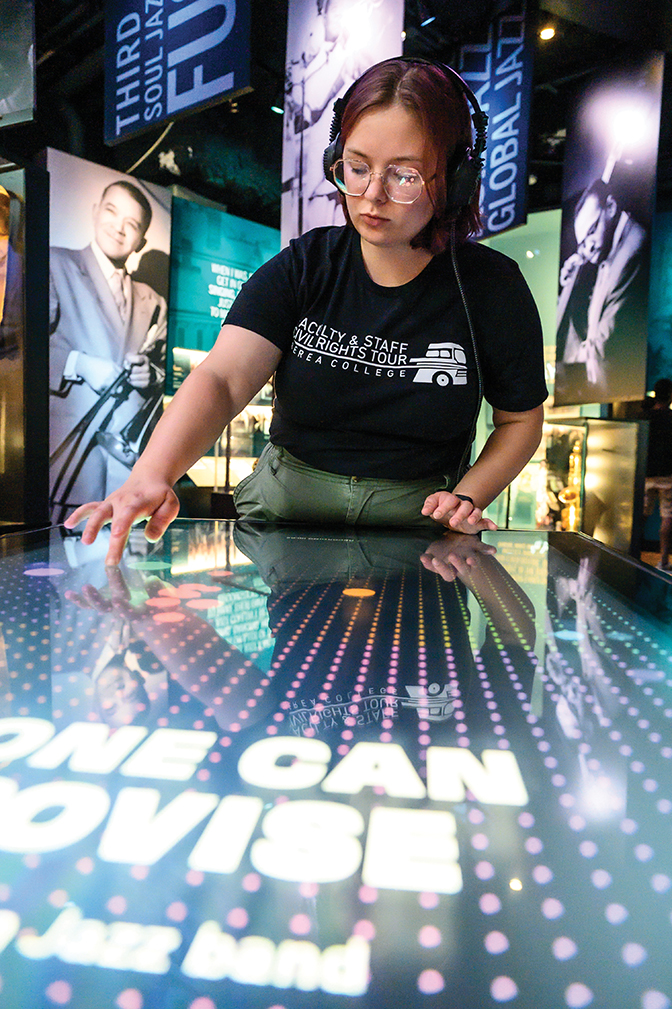
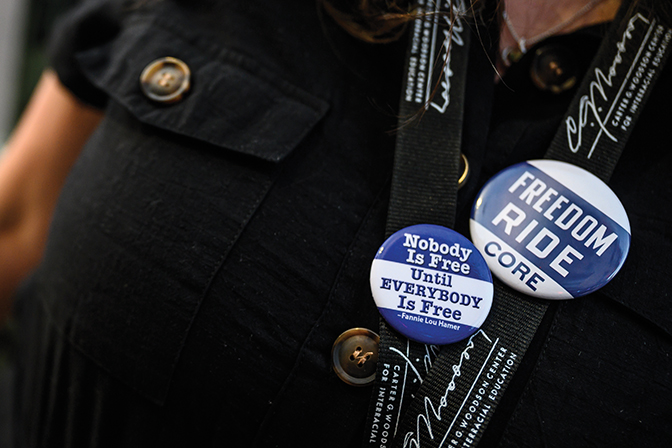
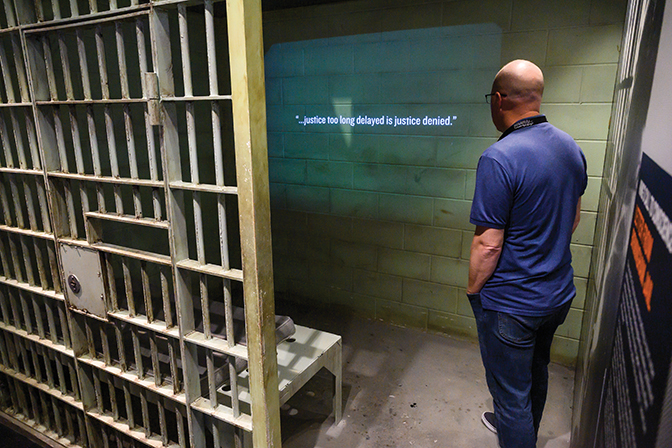




I also recognize that unjust discrimination against Blacks continues in today’s America. Because of this, I have a responsibility to take action from my privileged position to help improve the standing of Blacks as equals in American society.
Davey King, Appalachian Fund and Government Grant Services
This tour was life changing. I believe that this tour should be a MUST for all faculty and staff to truly understand what it means to serve the College’s students.
LeAnna T. Luney ’16, Ph.D., African and African American Studies

pant in the Civil Rights Movement and was the youngest person to be jailed during any civil rights demonstration during that period. Photo by Crystal Wylie ’05
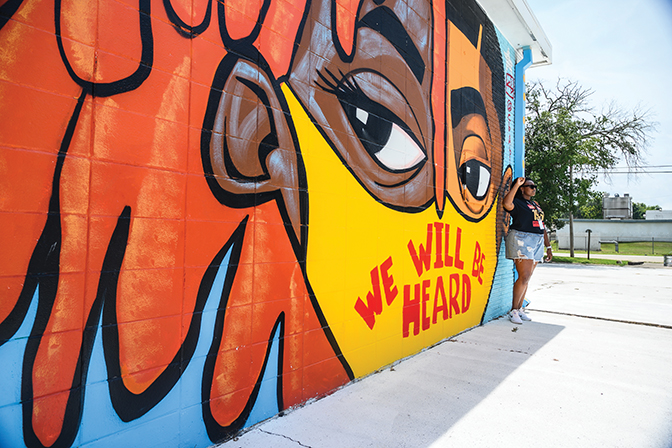
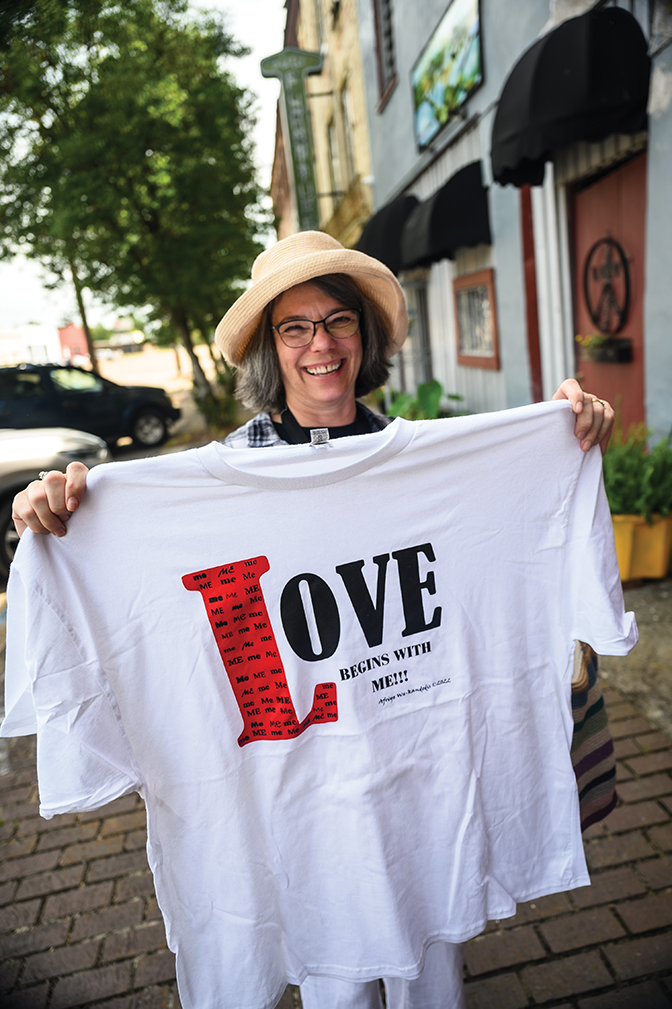
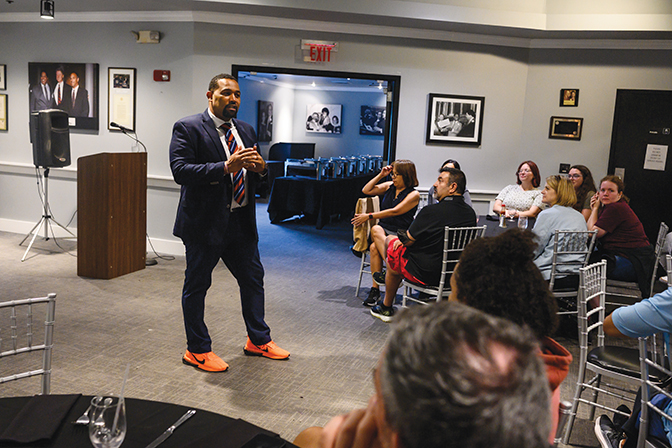


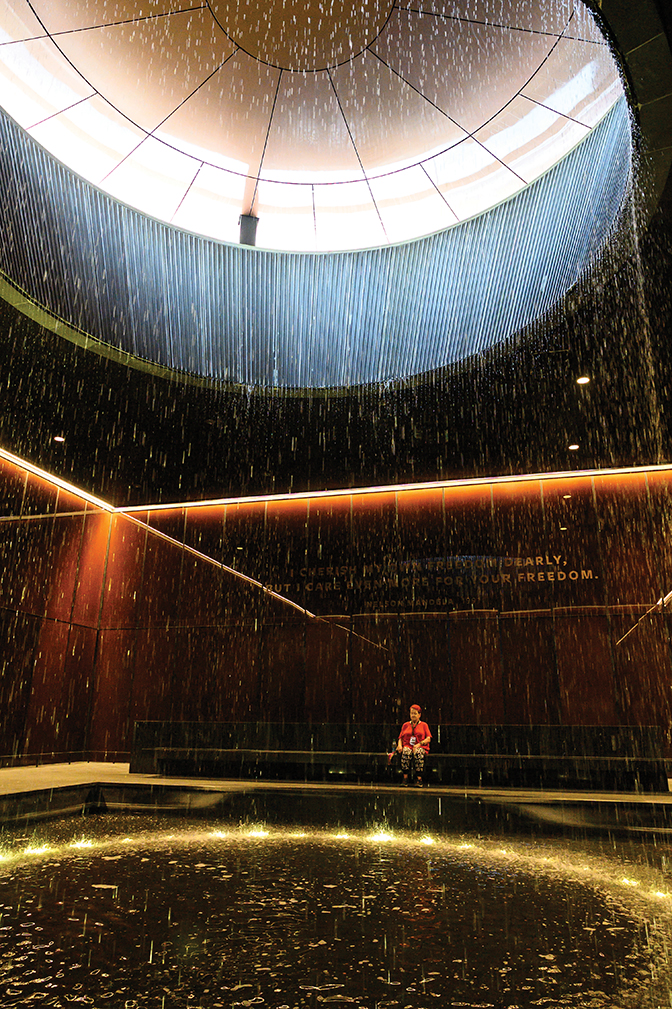
I hope that these lessons will help me listen more compassionately and carefully to others, without jumping to
Megan Morgan Hoffman, Biology
judgment and without minimizing personal experiences, historical trauma and potential sources of fear.


I love it &respect it what you do the community… Especially during hard times… And we should never forget our history so the we can learn from our past and be better…